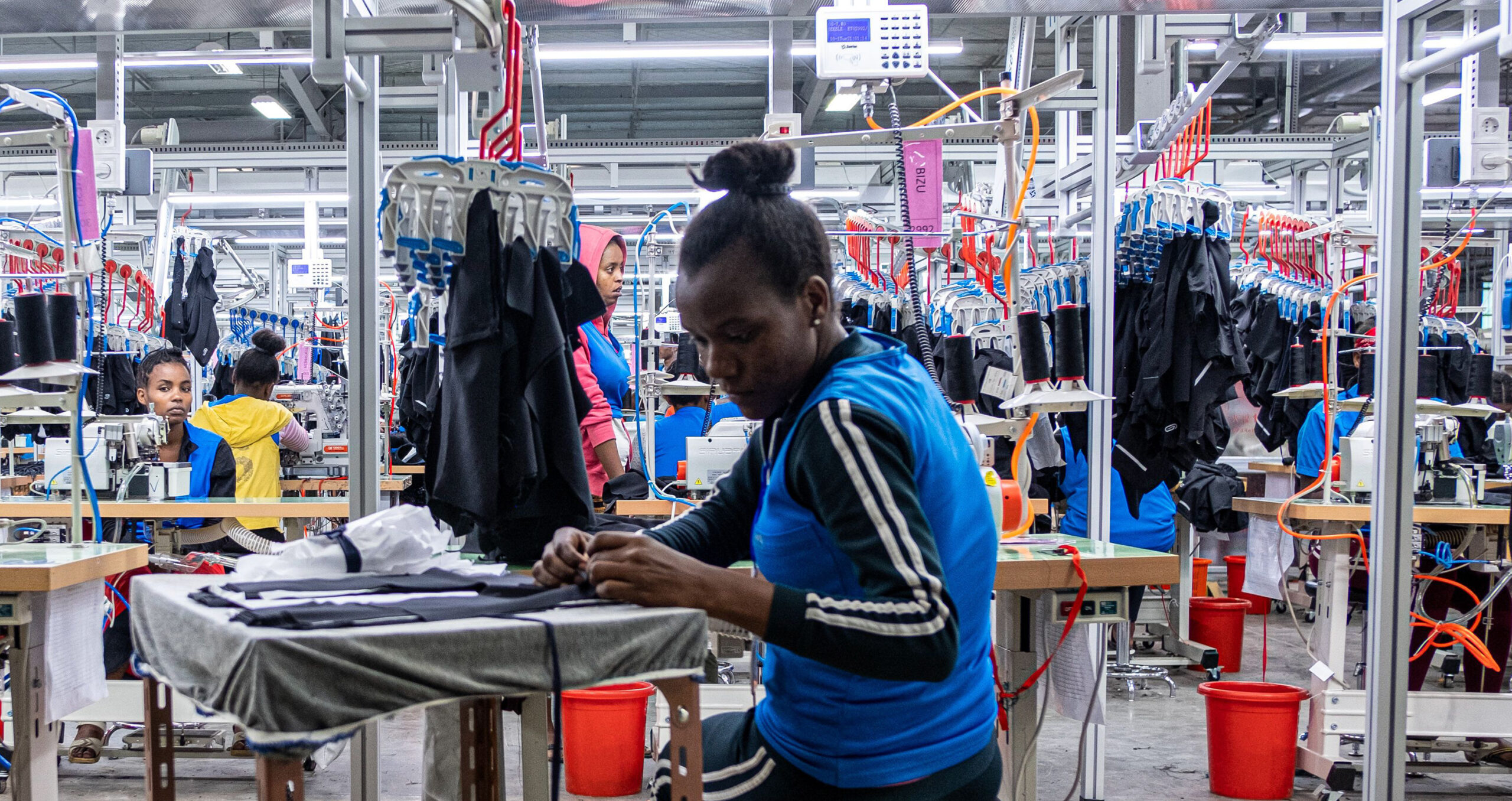
Investors still putting profit before people and planet, says ShareAction

The UK not-for-profit has criticised the current ‘piecemeal’ approach to responsible investment and is issuing its own definition and guidance. However, investment managers say more clarity on fiduciary duty is needed.
Financial services around the world must take “positive and negative impacts on people and planet as seriously as financial risk and return”, said non-profit ShareAction, as it sought with new guidance to address the financial industry’s “current lukewarm and piecemeal approach” to responsible investment.
The UK organisation said that despite various regulations and guidance seeking to define responsible investment, “inadequate ambition, a narrow focus on financial risk and return, and a lack of accountability to pension savers, retail investors and other underlying investors” are preventing responsible investment from joining the mainstream.
“Responsible investment is a transparent approach, embedded throughout the investment process, that takes the positive and negative impacts on people and planet as seriously as financial risk and return,” says the definition published by ShareAction. The non-profit insists that all investors, including pension schemes, insurers and banks, should take responsibility for the real-world impacts of their investments.
ShareAction said that from next week it would publish a number of technical documents offering investors guidance on setting targets for achieving net zero emissions.
The new standard goes far beyond the financial industry’s current approach, which “bases decisions on a narrow, financially focused perspective on risks”, ShareAction chief executive Catherine Howarth told Sustainable Views. “It urges institutional investors to set their sights higher by considering people and planet as seriously as returns, and to mobilise capital to drive positive impacts that mitigate harms affecting people everywhere, including their own clients and beneficiaries,” she added.
Howarth acknowledged that investors alone cannot bring about this change. “There are significant barriers to doing the right thing in the current system, which is why we’re also campaigning for governments and regulators to increase ambition regarding financial supervision on social and sustainability issues,” she said in a statement.
Fiduciary duty
However, Eleanor Fraser-Smith, head of sustainability at UK-based investment manager Victory Hill Capital Partners, was doubtful ShareAction’s proposed definition would clarify the meaning of responsible investment.
“ShareAction seems to be proposing a narrowing of the definition to impact-focused strategies only,” she said. “If responsible investment is to look beyond ESG risk management to sustainable impact, there needs to be clarification and guidance on investors’ fiduciary duty.”
Sabine Chalopin, head of ESG at asset manager Denham Capital, said the “highly subjective” definition of responsible investment was the sector’s “weak spot”.
“It is my hope that ‘responsible investing’ as a term begins to be pegged to investments that have definitive criteria, where there is sufficient data to standardise and compare one investment to another,” Chalopin told Sustainable Views.
Rules that mandate disclosure and reporting could help to define responsible investment, she added, though any regulation “must be exceptionally thoughtful so as not to arrive at arbitrary results”.
“A lot of ESG reporting is already taking place through different frameworks and tools,” Chalopin said. “Instead of burdening managers with additional reporting, existing frameworks should be used as much as possible.”
Regulatory action
Regulators are making various efforts to clarify what is meant by responsible finance and ESG.
In June, the International Sustainability Standards Board published its first set of standards to help companies provide consistent disclosures for sustainability and climate risk, while the EU’s sustainable finance framework offers guidelines for sustainable investment and obligations over how market participants communicate on sustainability.
Sergio de Carvalho, head of sustainability at investment platform Planet First Partners, said ShareAction’s principles for responsible investment were already reflected in the EU framework.
He told Sustainable Views that for investors operating in Europe, “responsible investment means integrating the EU SFF process, transparency of data and clarity on sustainability commitments with strong governance levers to guarantee that fiduciary duty is met”.
Meanwhile, the UK is developing its own Sustainability Disclosure Requirements, expected to be finalised in the third quarter of this year, to improve transparency around responsible investments.
In a YouGov poll of 2,000 British adults commissioned by ShareAction, 73 per cent of respondents said environmental and social issues should be considered alongside profits, while a third wanted environmental and social concerns to be given the same weighting as financial returns. Thirteen per cent said issues affecting “people and planet” were more important than financial returns.
Similar Articles

Investors urge HSBC to set green finance targets at AGM

Finance professionals have ‘increasing’ interest in sustainable finance education


